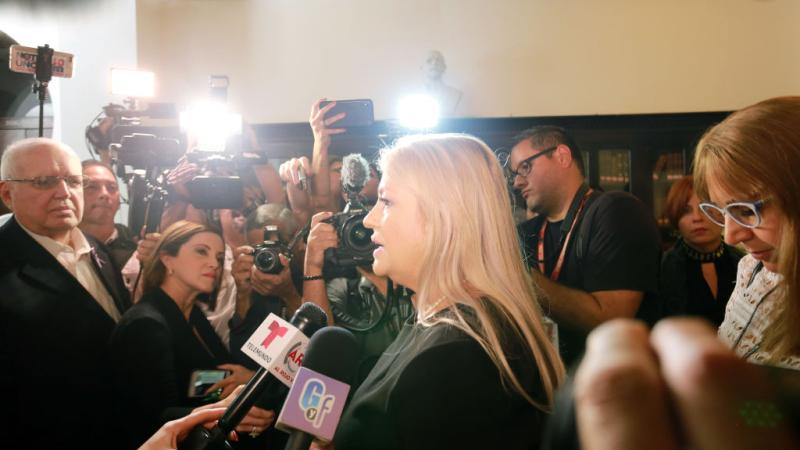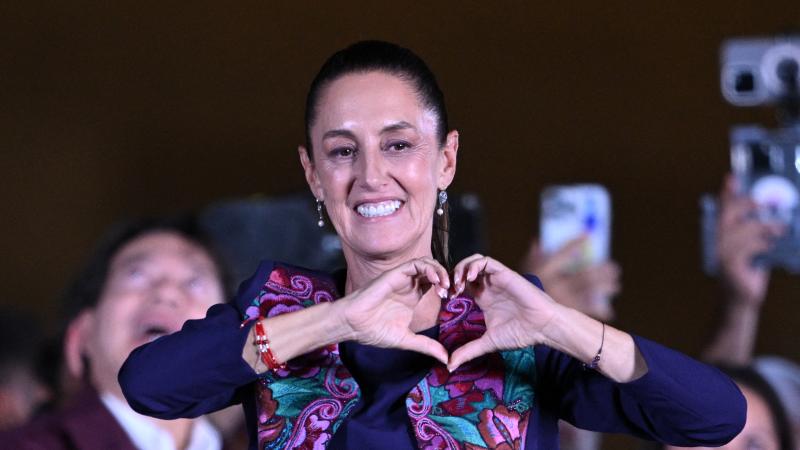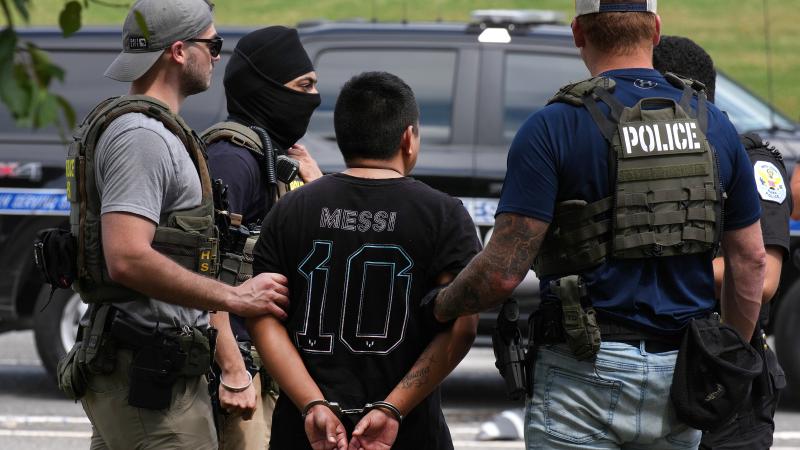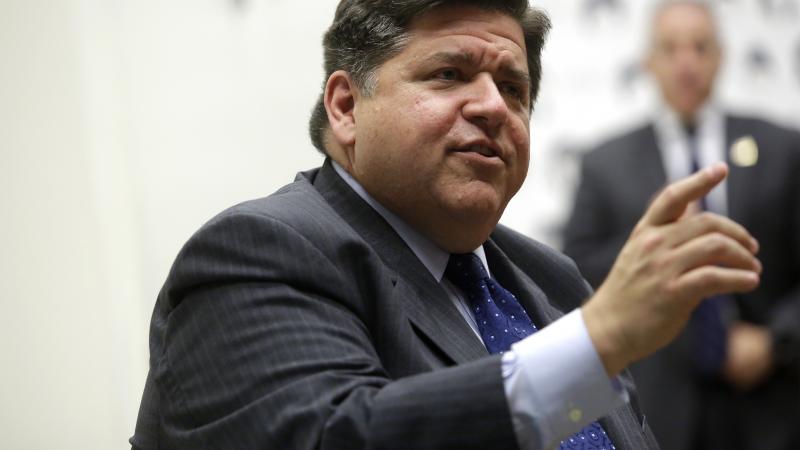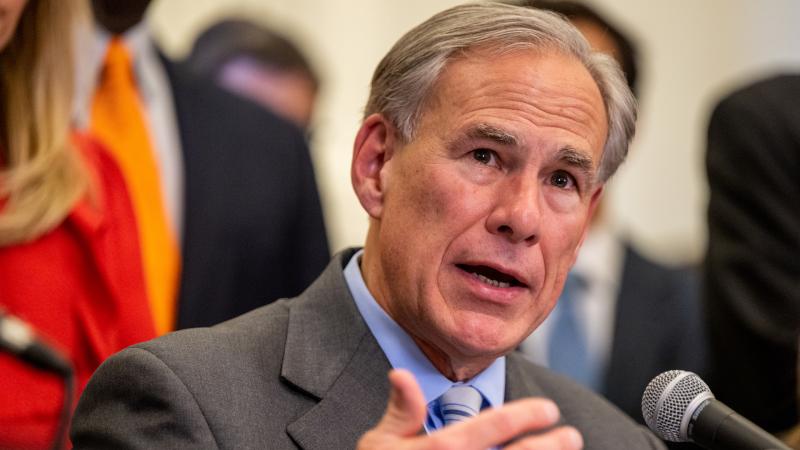Trump’s Houthi deal channels America First, leaving out allies who refused to support U.S. action
An 'America First' watershed? The Houthis, also called Ansarallah, were undaunted after joint operations from the U.S. and UK under the Biden administration. The deal does not address ships from Israel, Greece, Great Britain the UAE and other nations.
President Donald Trump’s recent ceasefire agreement with the Yemen-based Houthis exempted U.S. ships from their strikes in the Red Sea, but excluded U.S. allies, a provision that has many nations that refused to support Washington’s efforts livid.
The Houthis are one of three main combatants in the ongoing Yemeni Civil War and occupy a sliver of highly strategic territory on the Red Sea coast near the Bab al Mandeb, called the "Gate of Tears" in the Arab world. Their forces have, since the outbreak of the Israel-Gaza War, conducted missile strikes and seizures against vessels traveling the Red Sea in support of Hamas.
The Houthis, also called Ansarallah, famously withstood joint operations from the U.S. and UK under the Biden administration. President Joe Biden tried but failed to organize an international coalition to keep the Red Sea open. Upon taking office, Trump vowed decisive action against the Houthis and the U.S. largely acted unilaterally, albeit with some Israeli support.
Israel destroyed the Sanaa Airport in Yemen on May 7, leaving burning aircraft and cratered landing strips in two days of retaliation for a ballistic missile attack by the Houthis that landed near Ben-Gurion Airport in Tel-Aviv.
A separate deal for American ships
Trump announced this week that he had reached a separate agreement with Yemen’s Houthi rebels to end their attacks on American-flagged vessels in the Red Sea after intense U.S. and Israeli bombing raids led them to reach out.
"They just don't want to fight, and we will honor that," Trump said. "We will stop the bombings, and they have capitulated. But more importantly, we will take their word. They say they will not be blowing up ships anymore."
But the agreement between the United States and the Houthis does not include any provisions requiring that the Houthis stop their attacks on Israel itself, an omission that has led a bipartisan group of lawmakers to warn Trump that it “sends the wrong message to both our allies and adversaries: that U.S. resolve is negotiable and that aggression against our allies will go unpunished by the United States,” according to Jewish Insider.
U.S. Ambassador to Israel Mike Huckabee, a strong supporter of that country, pushed back on such criticisms and told Israeli news outlets that “[t]he United States isn’t required to get permission from Israel to make some type of arrangement that would get the Houthis from firing on our ships.”
“There’s 700,000 Americans living in Israel. If the Houthis want to continue doing things to Israel and they hurt an American, then it becomes our business,” he added.
“This is the President that leads by example, and he leads by force, and he knows when to use American strength and American power to secure deals for peace and for not just for us, but for the world and so absolutely, I think again, this is a stunning example of the President's leadership on the world stage, delivering for the American people,” said White House press secretary Kush Desai on the Just the News, No Noise television show on Friday.
Israel struck a defiant tone after Trump eased out of the conflict, with Netanyahu saying “Israel will defend itself by itself.” The Houthis, however, called it a "victory that separates American support for the temporary entity and a failure for Netanyahu, who must resign."
The Omani foreign minister confirmed the details of the ceasefire, which appears limited entirely to the Houthis and the United States.
“In the future, neither side will target the other, including American vessels, in the Red Sea and Bab al-Mandab Strait, ensuring freedom of navigation and the smooth flow of international commercial shipping,” Omani Foreign Minister Badr Albusaidi said.
The Omani announcement appeared to confirm that the UK, which assisted efforts against the Houthis in earlier operations, as well as Israel, would not benefit from the Houthi agreement.
Hegseth: "European freeloading"
Previously leaked messages between members of the administration from Signalgate seem to suggest that Vice President JD Vance got his way by leaving out the Europeans and other American allies in the cold.
“@Pete Hegseth if you think we should do it let's go,” Vance wrote in the chat. “I just hate bailing Europe out again.”
Secretary of Defense Pete Hegseth appeared to share a similar sentiment toward America’s European allies, but highlighted their inability to contribute in a meaningful way.
“VP: I fully share your loathing of European freeloading. It's PATHETIC,” Hegseth replied. “But Mike is correct, we are the only ones on the planet (on our side of the ledger) who can do this. Nobody else even close. Question is timing. I feel like now is as good a time as any, given POTUS directive to reopen shipping lanes. I think we should go; but POTUS still retains 24 hours of decision space.”

